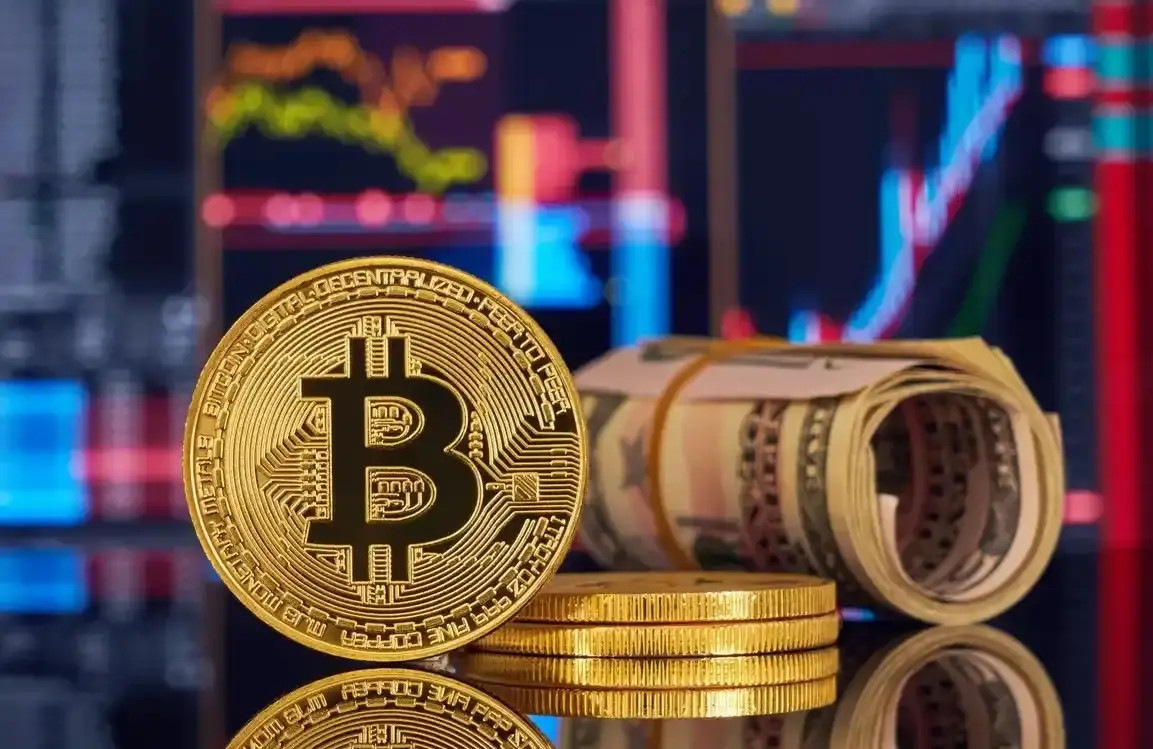Blockchain-Based Fiscal Reform in Emerging Markets: Unlocking Investment Opportunities in the Philippines
- Philippines pioneers blockchain-based fiscal reform through government-led initiatives like CARF and tokenized treasury bonds, enhancing transparency and attracting investment. - Regulatory frameworks (CASP guidelines, regulatory sandboxes) balance innovation with investor protection, aligning with OECD standards and global Bitcoin adoption trends. - Startups like PDAX and BayaniChain drive real-world applications in remittances and public finance, supported by state-backed innovation hubs and 100+ ventu
The Philippines has emerged as a trailblazer in blockchain-based fiscal reform, positioning itself as a strategic hub for early-stage investment in regulatory innovation and digital governance. With a combination of proactive government initiatives, regulatory clarity, and a maturing startup ecosystem, the country is demonstrating how blockchain can address systemic challenges in transparency, tax compliance, and public accountability. For investors, this convergence of policy and technology presents a unique opportunity to capitalize on a market poised for exponential growth.
Government-Led Blockchain Integration: A Foundation for Fiscal Transparency
The Philippine government has prioritized blockchain as a tool for fiscal discipline and anti-corruption measures. A landmark initiative is the Crypto-Asset Reporting Framework (CARF), set to be institutionalized by 2028, which aligns the country with OECD standards for cross-border tax compliance [1]. By automating the exchange of crypto-asset transaction data between tax authorities, CARF aims to curb illicit financial flows and ensure equitable tax collection [2]. This framework is part of a broader strategy to modernize public finance, exemplified by the Bureau of the Treasury’s issuance of tokenized treasury bonds in 2023—a move that showcases blockchain’s potential to streamline government debt management [5].
Equally transformative is the eGOVchain project, led by the Department of Information and Communications Technology (DICT), which leverages blockchain to secure public services and government transactions [5]. The Department of Budget and Management (DBM) has already deployed a blockchain-based system to verify budgetary documents like Special Allotment Release Orders (SAROs) on the Polygon network, using tools developed by local startup BayaniChain [6]. These efforts are paving the way for Senator Bam Aquino’s ambitious proposal to place the entire national budget on a blockchain platform, ensuring real-time public traceability of every peso spent [2]. If implemented, this would make the Philippines the first country to fully adopt blockchain for fiscal governance.
Regulatory Innovation: Balancing Growth and Consumer Protection
The Philippines’ regulatory landscape is evolving to support blockchain innovation while safeguarding investors. The Securities and Exchange Commission (SEC) has introduced the Crypto Asset Service Provider (CASP) Guidelines, requiring platforms to maintain a minimum capital reserve of PHP100 million and adhere to strict anti-money laundering (AML) protocols [3]. These rules, coupled with the Bangko Sentral ng Pilipinas’ (BSP) regulatory sandbox programs, create a structured environment for startups to experiment with blockchain solutions without compromising market integrity [4].
A notable example is the Strategic Bitcoin Reserve Act, which proposes acquiring 10,000 BTC over five years as a sovereign asset to hedge against fiat volatility [7]. This initiative reflects the Philippines’ alignment with global trends in institutional Bitcoin adoption and underscores its commitment to digital financial sovereignty. For investors, the country’s regulatory maturity—evidenced by its adoption of the Convention on Mutual Administrative Assistance in Tax Matters (MAAC) and Exchange of Information (EOI) protocols—signals a stable environment for long-term investment [6].
Early-Stage Startups: Pioneering Real-World Applications
The Philippine blockchain ecosystem is transitioning from speculative crypto use cases to practical applications in fiscal reform and public services. Startups like PDAX, the country’s largest digital asset exchange, and BloomX, a blockchain-based money transfer platform, are leveraging decentralized infrastructure to enhance financial inclusion and remittance efficiency [5]. Meanwhile, BayaniChain is at the forefront of government-led innovation, developing tools to tokenize national budgets and secure public records [6].
Emerging ventures are also exploring niche markets such as tokenized financial instruments and decentralized compliance infrastructure. For instance, the National Development Company’s Philippine Innovation Hub is incubating startups focused on AI, blockchain, and cleantech, with a target of launching 100 new ventures in its first year [5]. These initiatives highlight the Philippines’ potential to become a regional leader in blockchain-driven fiscal reform, particularly in sectors like digital identity, supply chain integrity, and government registries [3].
Challenges and the Path Forward
Despite its progress, the Philippines faces hurdles such as uneven regulatory enforcement and limited public understanding of blockchain [3]. However, the government’s emphasis on education and infrastructure development—through initiatives like the Philippine Digital Infrastructure Project and the Cloud First Policy—is addressing these gaps [5]. For investors, the key lies in partnering with startups and regulators to scale solutions that align with national priorities, such as financial inclusion for the unbanked population and efficient public service delivery.
Conclusion: A Strategic Investment Opportunity
The Philippines’ commitment to blockchain-based fiscal reform is not just a policy experiment—it is a calculated move to position itself as a digital financial hub in Southeast Asia. With a robust regulatory framework, government-led innovation, and a vibrant startup ecosystem, the country offers investors a unique opportunity to engage with a market that is both forward-thinking and grounded in real-world applications. As the global demand for transparent governance and digital assets grows, the Philippines stands at the intersection of innovation and investment potential, making it a compelling destination for those seeking to capitalize on the next wave of blockchain-driven fiscal reform.
Source:
[1] PH to implement a framework on crypto-assets to combat cross-border tax evasion and illicit financial flows
[2] Philippine Blockchain Report 2025
[3] PH laws, gov't support drive blockchain adoption: report
[4] The Philippines' Journey with Regulatory Sandboxes
[5] Building the Philippines' blockchain economy: Policy, talent and use cases for growth
[6] Philippine Senator Suggests Putting National Budget On-Chain
[7] Blockchain-Driven Fiscal Transparency: The Philippines' Chain Budgeting Initiative
Disclaimer: The content of this article solely reflects the author's opinion and does not represent the platform in any capacity. This article is not intended to serve as a reference for making investment decisions.
You may also like
Bloomberg: As the crypto market crashes, the Trump family and its supporters are seeing their wealth shrink significantly
The Trump family's wealth has shrunk by $1 billion, making ordinary investors the biggest losers.

Why are most treasury DATs trading at a discount?
Is the DAT model truly a bridge connecting TradFi, or is it a “death spiral” for the crypto market?

Crypto giants speak out collectively—where is the market heading?

What kind of financial order game is hidden behind the stablecoin controversy?
